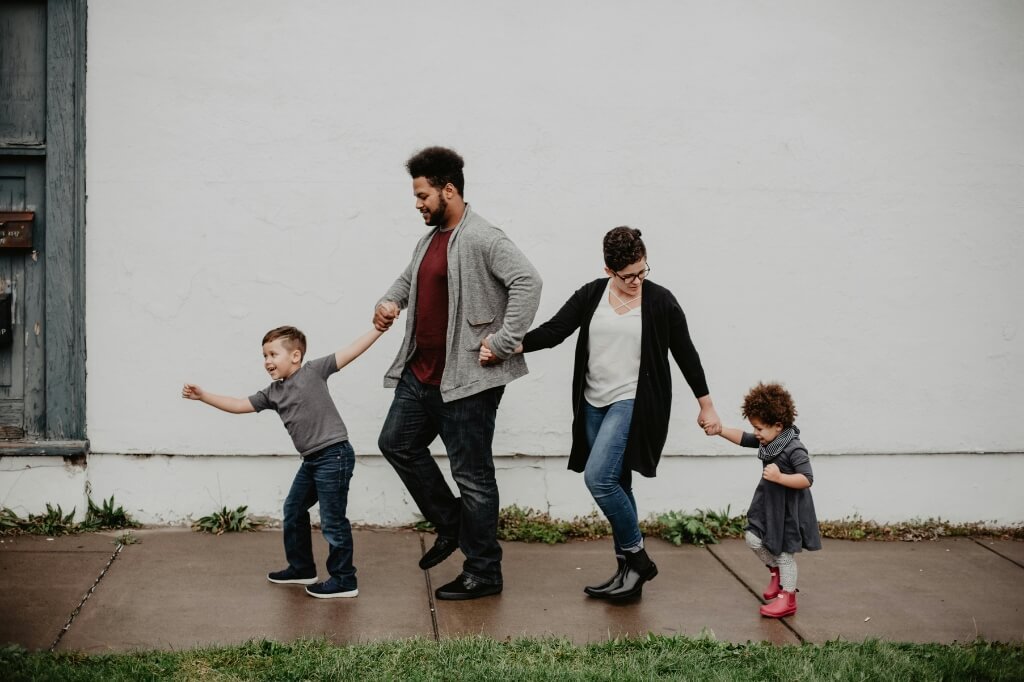We’re in the final stretch of the school year (at least here in New York), which means…
…So. Many. Transitions. Ahead!
(Which always brings to mind this song for me. #SorryNotSorry for the earworm ;-).)
For a lot of kids, transitions are tough.
And that, of course, means it’s tough for us parents too!
If you have one of those kids, here are 5 tips to keep in mind during this time of transition:
1. Manage your expectations.
Expect things to be a little harder, a little slower, and a little bumpier. And if/when they are, remind yourself that your child is having a hard time, not giving you a hard time.
2. Build in connection time.
Connection time is even more important and valuable when life is a bit topsy-turvy. This could be as simple as a five-minute snuggle before breakfast, playing with, or listening to, them for a few minutes before dinner prep, or letting them show you their latest Minecraft creation.
If there’s something you can do on a consistent, daily basis, that’s a helpful source of predictability and stability. But if you can’t, don’t sweat it! Remember – it’s not about perfection, and any bit of connection helps.
3. Consider your child’s energetic needs when making plans.
Some children need more downtime than others, some need more energetic movement or social interaction. Where possible, try to take these needs into consideration when making plans.
If your child is verbal, try engaging them in the planning process where feasible too. This doesn’t mean they make all the decisions, but giving them a voice in the conversation can go a long way!
4. Communicate with your child about plans.
We often expect kids to go where their grownups say and when, without any input and often without any heads-up either. I know I would have trouble with that! If your kid has trouble not knowing what the plan is for the day, week, or summer, consider implementing some checkpoints.
This is a great opportunity for a daily connection ritual too. For example, at bedtime, cross the current day off on a calendar and discuss the plan for the next day.
5. Have patience and compassion for them AND for you.
Sometimes, it’s going to be hard. That’s not because you’re a bad parent, or they’re a bad kid – It’s because it’s understandably hard.
You’ve got this!




